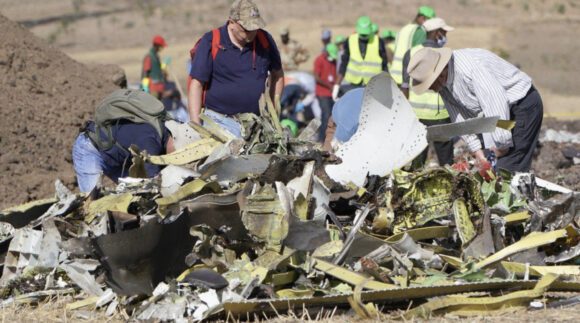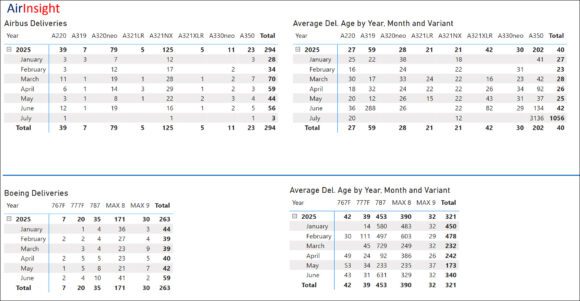
Boeing HQ
Boeing’s CEO David Calhoun is playing poker with the US Congress. He spoke yesterday about the potential certification issues with the MAX10 and for the first time indicated that Boeing might walk away from that program should Congress not provide the company a time extension for certification. That is essentially playing poker with Congress, and unfortunately, Boeing holds a very weak hand. While he can cite potential job losses and the international balance of trade, the blame for those losses rests directly on his shoulders as the leader of a company that cannot complete tasks on time and on budget. Boeing’s wounds are self-inflicted, and he may find little sympathy on Capitol hill, particularly with the families of the 346 MAX crash victims.





